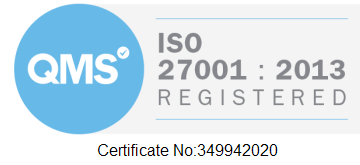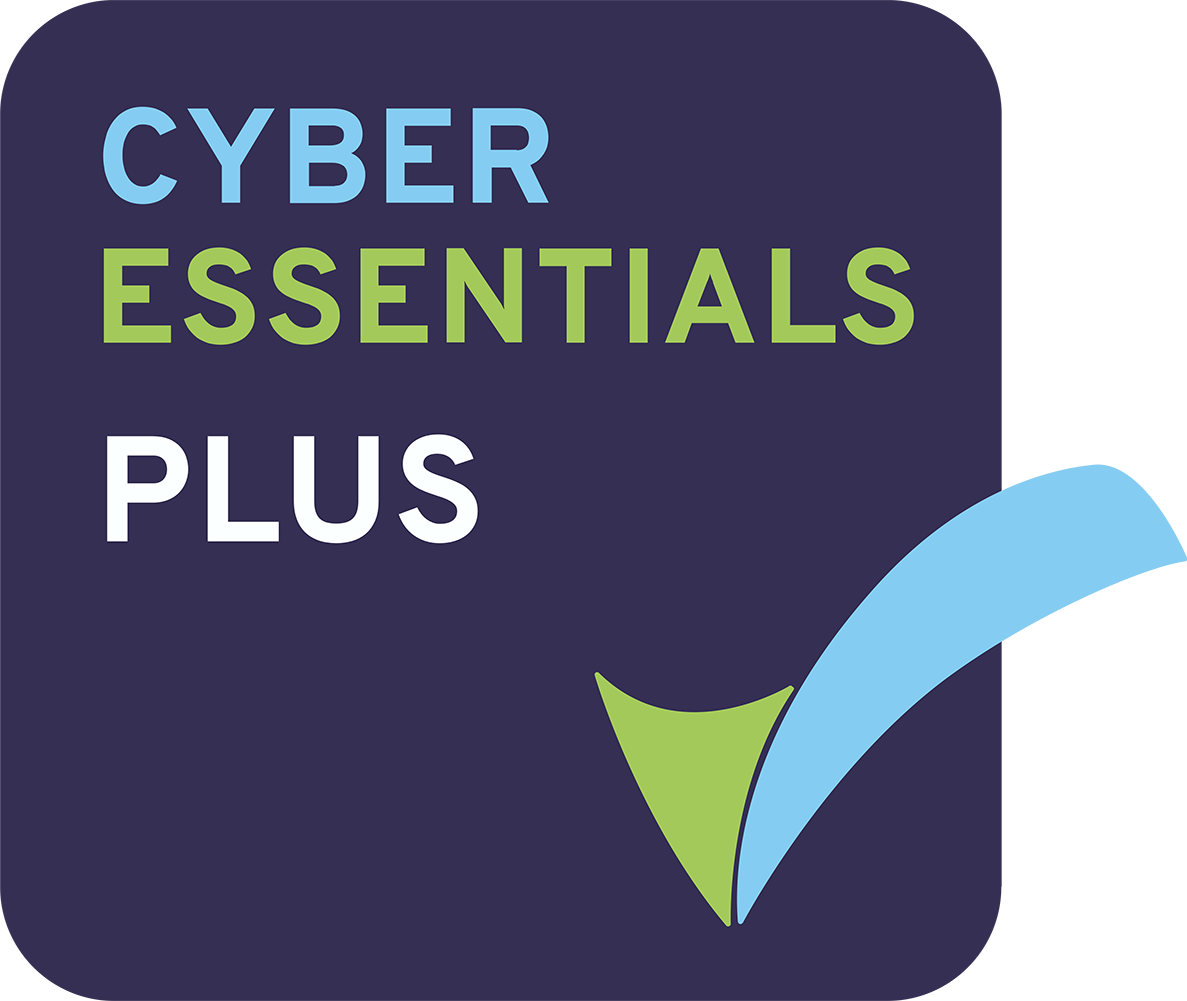The way we work has changed forever.
When it comes to business, we have been forced to change in many ways over the last 12 months. It has been a challenging time for everybody.
Through all the challenges of 2020, it has also brought about positive insights into areas of our work life that have been transformed, and are likely to change forever in the future. And one of those areas is remote working.
Moving beyond remote working
To some degree the technology to work remotely has been around for almost a decade. But most companies have been slow to adopt it for one reason or another. That all changed in 2020, and nearly everybody who could work remotely did, forcing 1000s of employees to work and collaborate on-line.
Working remotely was a struggle at first. We learnt what works and what does not. We also know that certain activities are better face to face, like collaboration sessions or team building. However we’ve all realised that certain tasks can be completed just as well remotely and we don’t have to be at the office desk 5 days a week.
At Utilidex we have been working remotely for over 10 years, and we believe the energy industry has a tremendous opportunity to lead the way in what remote work could look like in the future.
We also believe the energy industry has the opportunity to build on this positive change. Companies can go beyond internal collaboration and start to look at how business workflows can evolve between our partners and customers.
Eliminate 67% of duplicated processes with cross company workflows
When you reflect on some of the work we complete between organisations (i.e between a TPI, customer & supplier) a large proportion of our jobs and work is focussed on creating data sets, and sharing them with each other and then validating them.
There are also workflows that start with one party, and then move between other companies for completion. This can range from processes like change of tenancy, or new site set-ups (where a customer sends information to a TPI or supplier), or spotting meter data which is faulty (and sharing with TPIs and metering companies) to identifying issues with bills and correcting them.
At Utilidex we estimate that up to 67% of the processes between a TPI, supplier and customer are effectively duplicated and if our industry embraced cross company digital workflows, we would have a tremendous opportunity to deliver a better customer experience. We also believe this approach would bring about a new way of working between partners, suppliers and customers enabling transparency and a shared focus on how we make our industry better together.
4 Top tips for making cross company workflows a success
Like remote working, the technology exists today to enable cross company workflows. However it does require a change in how we see the world, and how we work together with our suppliers, customers & partners.
- Identify cross company workflows – first step is to identify which activities you complete which extend the boundaries of the firm. These can range from customer workflows (site set-ups, COTs), to internal service workflows (meter change, missing data, incorrect bills)
- Identify time savers & shared goals – once you have the list, you’ll need to filter the ones to find the workflows with the most value. This can sometimes be a challenge. In shared workflows, value can accrue to one party more than the other, which sparks the debate around who should invest time/effort. We’ve always found if you focus on shared goals i.e. “we both wish to put the customer first” or “if we fix this we can better enable our customers together” these bigger shared goals help bring the team together to work through any challenges.
- Identify shared data & sensitive data – certain data will be shared in the process, and other elements will need to be restricted as its sensitive to the organisation. This should be identified so you can ensure you follow your company’s data standards.
- Choose technologies and tools to support your digital journey – the technology to deliver shared workflows exists today, and has been with us for several years. All major cloud vendors have been working on how to improve collaboration between team members, as well as improve cross company collaboration. It is a journey we have been on for a while, and most likely to accelerate from here on in.
One of the most natural objections of this way of working is “why would somebody else want to do our work?” or “aren’t we asking the customer to do our work?” It’s a fair question. But self-serve is not about giving somebody else the work. It’s about empowering the person to achieve what they want to do easily, without frustration and friction.
If I want to complete a change of tenancy with my service provider, not only do I have to call and update the information, I then have to check its been done, or where it is at, or whether it got approved. All of this goes away with a shared digital workflow.
Cross company collaboration allows us to focus on our strengths
Collaboration across firms does not mean handing over control, moreso it means that everyone plays to their strengths, and the whole team stays informed and empowered.
If we no longer see the physical boundaries of the office, or even the physical boundaries of our companies (customers, suppliers or TPIs), we can start to re-imagine what work can look like.
We simply see a job that needs completing and re-think how best it can be done, by the right person, in the right place. By having a shared platform, we ensure the information is transparent, always visible and available to everyone that needs it. Meaning we always stay connected to what is happening, by whom and by when.
Time to lead the transformational change together
2020 taught us some very tough lessons. But it also paved the way to transformational change. It gave us clues on how we might re-build back differently. In a way which puts our industry on a much better track.
Now that we have seen the possibility and benefits, it is hard to unsee them. For companies that embrace this new way of working, 2021 will be a transformational opportunity to change how we work forever.
At Utilidex we are committed to continuously embrace new ways of working, that deliver value to our industry.
For those that wish to get in contact, or learn more about what we do, please speak with Vanessa Adams at [email protected]



